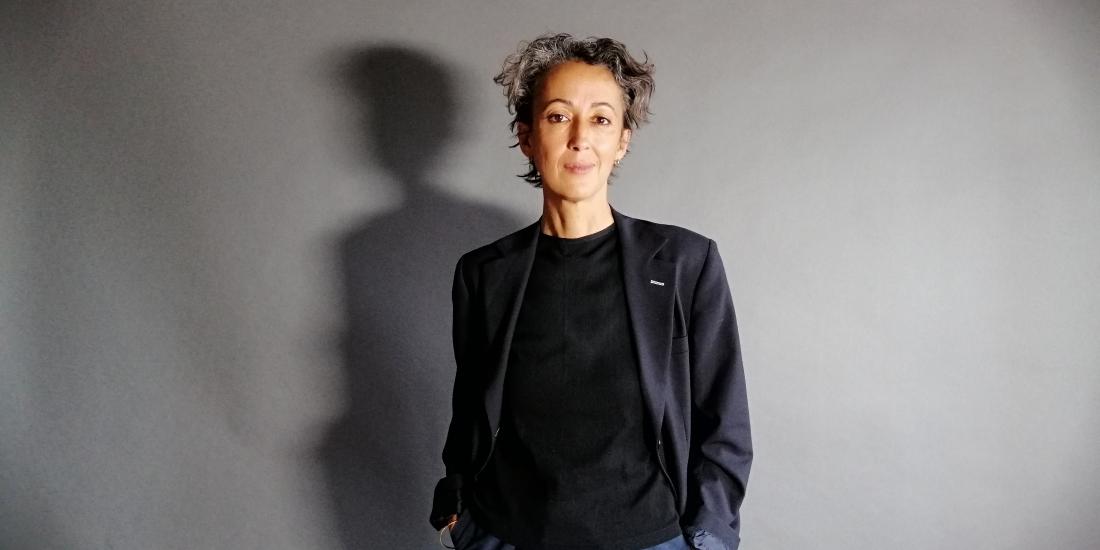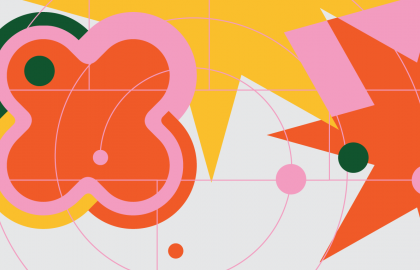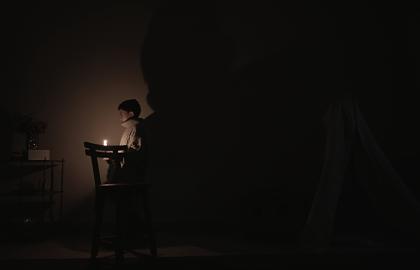What are the themes of the three films you will be leading during the festival?
Dalila Ennadre's El Batalett follows a group of women who live in the same neighbourhood and who embody popular Moroccan society. Each character represents a way of being in the world, with the difficulties that accompany their condition. For example, one woman tells us that she became a prostitute to support herself. For me, it was a shock because this type of testimony had never been shown on the screen. Dalila shows women who speak freely, who aspire to a different kind of future. But how can you change your condition when you come from a working-class background? What levers can you use? This is what the film questions. Leur Algérie (Their Algeria) by Lina Soualem is also about common people but it concerns the end of a generation. The director filmed her grandparents, who were separating. The subject questions above all the possibility of putting words onto the past, onto their Algeria, the country they left, and explores it through their memory. This difficulty in saying things is often expressed by silence or tears. Happily Ever After by Nada Riyadh and Ayman El Amir films the revolution that broke out in Egypt and affected their own love story. He wants to leave and she is faced with the question of whether to stay or follow him. The director filmed her discussions with her partner, as well as what was happening in her country at that time. It is fascinating to see women directors who put themselves in danger, as to say "I" is a major risk, but it is also the most legitimate position because questioning society is part of a personal history that it influences.
How would you characterise this new generation of women directors?
During the second half of the twentieth century, Arab cinemas had only a very limited number of female directors, whereas the emergence of this younger generation coincides with a new freedom of speech. Previous generations like Dalila Ennadre prepared the ground, but the explosion of social networks has had a considerable effect, as anyone can pick up a phone and film. With the Arab Spring, all women began to document what they were experiencing in their countries. On the other hand, the "I", i.e. the statement of an individual assumed opinion on their own history, will play a considerable role. This new individual speech, which of course also acts as testimony representative of a collectively lived reality and thus of a "we", will free itself from academicisms. These women dare to go further and tell their stories differently. This is particularly striking for filmmakers like Leïla Kilani. In Morocco, this director has brought cinema into a new era, especially with her documentary Nos lieux interdits (Our Forbidden Places). Morocco had experienced a period known as the "Years of Lead", marked by the imprisonment of large numbers of political opponents. Following the death of King Hassan II in 1999, his son, the current King Mohammed VI, created the Equity and Reconciliation Commission in 2004 to reconcile the Moroccan people with their past by allowing the victims of the repression and their families to question that era and put words to what had happened. Leïla Kilani followed these families. The film is very impressive because she manages to make us feel this liberation of private speech in the public space through the testimonies and interactions she filmed. She tells us in which Moroccan world we are going to enter: she shows the time from which it is possible to speak up again by linking it to this past to enter a modern Moroccan society. She further distinguished herself with her multi-award-winning drama film Sur la Planche (On the Edge), released in 2011. She follows two girls who work in a shrimp peeling factory in Tangier. These girls will allow themselves to do things that had never been seen in Moroccan cinema before: they go out clubbing, they reject men's advances, they take risks by leaving Casablanca to go work in Tangier... These portraits of free women, who give themselves the means to be free in spite of an oppressive society, are truly innovative.
Does the courage of these women directors allow the representation of women in cinema to progress globally?
Absolutely. Tunisian cinema in particular, for example, questions the roles reserved for women in order to break away from conventional representations: can a woman be an intellectual? can she rebel against society? can she challenge the codes and free herself from them? In fact, this is perhaps the major characteristic of Arab women directors: they deconstruct stereotypes and try to change the way traditional Arab and European societies view women in cinema. They are thus confronted with a twofold struggle, in that within their country, to push back the limits of censorship and self-censorship, and in the West, to modify the victimised and fantasised vision of women in the Arab world that Europeans continue to cultivate. The use of "I" by Arab women directors is very powerful. The new generations of female intellectuals who study the history of Arab cinema also challenge female directors by telling them, "Be careful, you are creating films that validate the roles that men and traditional societies have given you". They criticise films by women directors in previous generations who have reinforced the objectualisation of women. We can also say that the difference in the generations is found there, in the critical glance at these first female directors who, while seeking to exist, have in spite of themselves reproduced in their films the representation of a system which dominates them. However, it should not be forgotten that the new generation of women directors can afford this criticism precisely because of the efforts of their elders, who had already started to make things happen.
* You can meet Karima Saïdi on 19 November for the introduction of Dalila Ennadre's film, El Batalett, and on 20 and 21 November for two question and answer sessions about Leur Algérie by Lina Soualem and Happily Ever After by Nada Riyadh and Ayman El Amir.
The first part of the festival will take place from 19 to 23 November. Find the full programme here. The second part will take place on 3 and 5 December.


